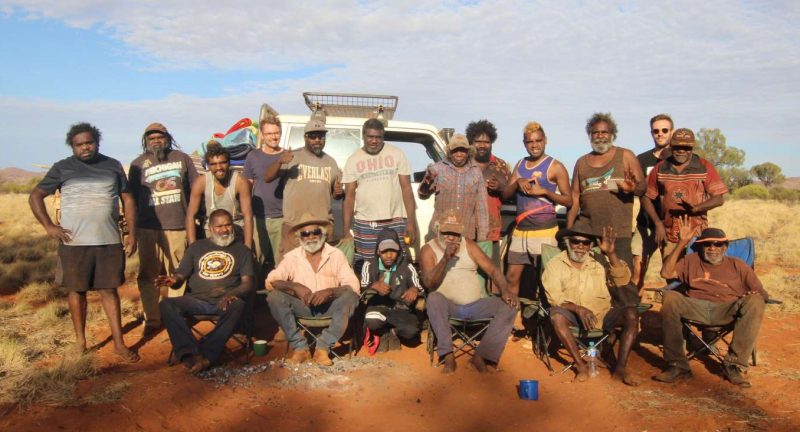How Anangu are leading vital mental health programs for young men
People living in the NPY Lands have very limited access to mental health support. The APY lands currently has one mental health nurse and the Ngaanyatjarra lands has a visiting mental health support every 6 weeks.
Senior Anangu talk about the lack and need of mental health support for young people in the NPY region. They recognize many factors resulting in the poor mental health of some young people in remote communities, this includes intergenerational trauma, poverty and lack of opportunities.
Ngangkari (traditional healers) have looked after people’s physical and emotional health for thousands of years. We support ngangkari to care for mental health within their communities, valuing both western and traditional mental health practices.
Uti Kulintjaku Watiku is just one of our mental health initiatives. Led by senior Anangu men for young men, it focuses on increasing mental health understanding and preventing family violence. Often struggling for funding, these vital programs are at risk.
 Members of the Uti Kulintjaku Watiku team in SA
Members of the Uti Kulintjaku Watiku team in SA
Improving mental health & preventing family violence
Uti Kulintjaku Watiku is a ground breaking men’s group consisting of senior Anangu men and young men from the NPY region who come together to prevent family violence and support young men’s wellbeing in remote communities.
The program is based on learning reciprocity between senior men and health professionals. Senior men then conduct workshops in community, act as role models and help to spread mental health messages at a grass root level.
The project applies the Uti Kulintjaku Iwara way of working that places culture first and strengthens intergenerational relationships.
Senior men talk about the lack of and need for mental health support for young people in the NPY region. They recognize many factors resulting in the poor mental health of some young people in remote communities, this includes intergenerational trauma, poverty and lack of opportunities.
The team members highlight the need for more support to facilitate intergenerational healing camps on the lands. These camps provide safe therapeutic spaces where young men can more effectively listen and learn without distraction and be immersed in Anangu culture, knowledge and practice.
As one of the senior Watiku member said: “Taking the young men out camping to get them out of community for a couple days… when they go camping, they get healed”.
Younger men have spoken about how being on Country with the senior men strengthens their spirit and helps them to manage their anxiety, depression and anger.
By taking those important steps and facilitating those healing camps, the Watiku team members have contributed to improving the wellbeing and mental health of many young men by increasing their sense of connection, role modelling positive behaviours and teaching cultural knowledge.

